Legal malpractice in Illinois is more common than most assume. The case of Murphy v. Kinnally Flaherty Krentz Loran Hodge & Masur, P.C. exemplifies legal battles over supposed malpractice in the Prairie State.
The Case
Murphy v. Kinnally Flaherty Krentz Loran Hodge & Masur, P.C. centered on the conflict between William Murphy, the executor of a family estate, and an estate planning law firm. The case, a breach of contract action, resulted in the finding that the estate failed to provide sufficient evidence in support of the overarching claim. However, there was a winding road to reach the endpoint.
The estate in question was that of William C. Murphy, an Ivy League law school graduate who worked at Kinnally Flaherty Krentz Loran Hodge & Masur, P.C. for several decades. In 1999, Murphy entered into an agreement with attorney Robert Hupp to become the firm’s “of counsel.” The agreement included office space, administrative support, and flexibility in the number of hours Murphy had to work. The contract also had a termination clause, which required 90 days of written notice from either party.
Hupp passed away four years later in 2003; Murphy signed a revised agreement with the law firm one year after Hupp’s passing in 2004.
One of the law firm’s principals, Gerald Hodge, testified that he served as the main drafter of the agreement and attorney for the Murphy estate. Hodge is on record stating he viewed a copy of the aforementioned 2004 agreement, albeit unsigned.
Hodge stated he believed the original agreement had been signed but was subsequently terminated. Furthermore, Hodge acknowledged he was aware of a $150,000 offer to the Murphy estate, making it clear that the offer was discussed with other principals at the firm.
The Financial Angle
In 2012, Murphy referred clients Terry and Amy Seyller to the firm. Notably, the Seyllers were plaintiffs in a potentially lucrative personal injury lawsuit.
During this time, Murphy drafted a letter to his son, Bill, who had previously been named as his estate executor. The correspondence highlighted how the Seyller case was of particular importance in the event of Murphy’s death as it was referred to the firm through formal documentation that specified a one-third fee entitlement.
Murphy passed away in November 2016, several months before the Seyller case was settled. The law firm indicated that there was no written agreement detailing compensation to be provided to Murphy. For that reason, his compensation would take the form of a “quantum meruit” that amounted to the aforementioned $150,000.
The Legal Battle
The law firm filed a formal action to obtain a declaratory judgment stating that the 2004 agreement did not terminate at the time of Murphy’s passing. The logic in taking this action was to show there would be no legal obligation to compensate the Murphy estate with money awarded from the Seyller settlement, as those proceeds were not obtained within two months after the decedent’s death.
In response, the Murphy estate accused the firm of breaching its contract. The lawsuit’s defendants also included individual principals. The attorneys for the estate argued that exactly $777,777.77 was owed as described in paragraph 4B of the 2004 revised agreement.
A Ruling in Favor of the Defendant
In the summer of 2018, the trial court entered an order determining the aforementioned agreement lacked ambiguity. The trial court determined it acceptable to terminate the agreement after Murphy’s death, meaning the law firm was not legally obligated to compensate Murphy’s estate through awards from the Seyller case or other legal matters when fees were obtained in the two months after the unfortunate death.
The trial court ultimately granted the law firm’s motion for judgment, ruling in favor of the firm against the plaintiff, ending one of Illinois’ most intriguing breach of contract cases. Though the plaintiff filed a reconsideration motion, insisting the trial court incorrectly interpreted the language of the agreement and erred in discovery procedures, the motion was dismissed.











